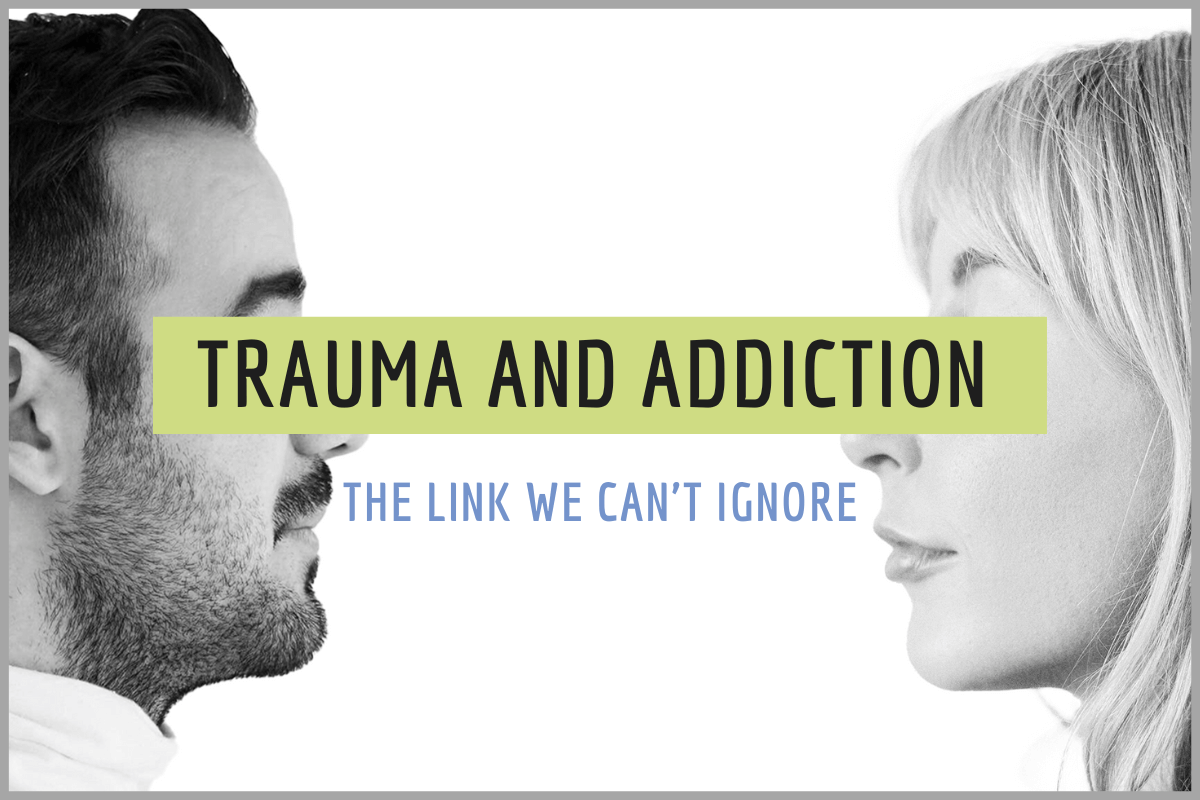Introduction
Addiction and trauma are closely intertwined, with trauma often playing a significant role in the development and perpetuation of substance use disorders. Understanding this connection is crucial for providing effective treatment and support for individuals struggling with addiction. Trauma can manifest in various forms, and its impact can be profound, leading to coping mechanisms that include substance use. Addressing trauma is essential in addiction treatment recovery, as it helps to heal the underlying issues driving the addictive behaviors.
Understanding Trauma
Trauma refers to the emotional and psychological response to distressing or life-threatening events. These events can vary widely and may include:
- Physical, emotional, or sexual abuse during childhood can leave deep emotional scars and contribute to the development of substance use disorders later in life.
- Experiencing or witnessing domestic violence can cause significant emotional trauma, leading to the use of substances as a coping mechanism.
- Survivors of severe accidents or natural disasters may struggle with post-traumatic stress disorder (PTSD) and turn to substances to manage their anxiety and fear.
- The death of a loved one or significant loss can lead to overwhelming grief and emotional pain, sometimes resulting in substance use as a way to numb the feelings.
The Link Between Trauma and Addiction
The connection between trauma and addiction is multifaceted and involves several psychological and physiological factors:
- Individuals with unresolved trauma often use substances to self-medicate. Drugs and alcohol can temporarily alleviate the symptoms of trauma, such as anxiety, depression, and intrusive memories, providing short-term relief but leading to long-term dependence.
- Trauma can alter brain chemistry, affecting areas of the brain responsible for stress regulation and reward processing. These changes can increase vulnerability to addiction, as individuals may seek substances to restore a sense of balance.
- Trauma can disrupt healthy coping mechanisms, making it difficult for individuals to manage stress and emotions. Substances may become a primary coping strategy, reinforcing the cycle of addiction.
- Trauma often leads to social isolation, loss of support networks, and exposure to environments where substance use is prevalent. These factors can further entrench addictive behaviors.
Signs of Co-Occurring Trauma and Addiction
Recognizing the signs of co-occurring trauma and addiction is essential for effective intervention and treatment:
- Individuals may avoid places, people, or situations that remind them of their trauma. They may also use substances to numb their emotions and memories.
- Symptoms of hyperarousal, such as irritability, hypervigilance, and difficulty sleeping, are common in trauma survivors. These symptoms can be exacerbated by substance use.
- Trauma survivors often struggle with regulating their emotions, leading to mood swings, anger outbursts, and impulsivity. Substance use can further impair emotional regulation.
- Recurrent, distressing memories of the traumatic event can trigger substance use as a way to escape or cope with the pain.
Addressing Trauma in Addiction Treatment
Effective addiction treatment must address both the substance use disorder and the underlying trauma:
Trauma-Informed Care
Creating a safe and trusting environment is crucial for individuals with trauma. Trauma-informed care prioritizes physical and emotional safety, allowing clients to feel secure during treatment.
Empowering clients to take an active role in their treatment and collaborating on care plans helps build trust and foster healing.
Integrated Treatment Approaches
Various therapeutic modalities, such as cognitive-behavioral therapy (CBT), dialectical behavior therapy (DBT), and eye movement desensitization and reprocessing (EMDR), are effective in treating trauma and addiction. These therapies help individuals process trauma, develop healthy coping strategies, and reduce substance use.
Medications may be prescribed to manage symptoms of PTSD, anxiety, and depression, supporting overall treatment goals. Medication-assisted treatment (MAT) can also be part of a comprehensive plan for Addiction and Trauma.
Supportive Interventions
Support groups and peer-led programs provide a sense of community and shared understanding. Connecting with others who have similar experiences can be incredibly validating and supportive.
Mindfulness practices, such as meditation and yoga, can help individuals manage stress and reduce trauma-related symptoms. These techniques promote relaxation and improve emotional regulation.
The connection between addiction and trauma is complex, but understanding this relationship is key to effective treatment.






















Leave a Reply